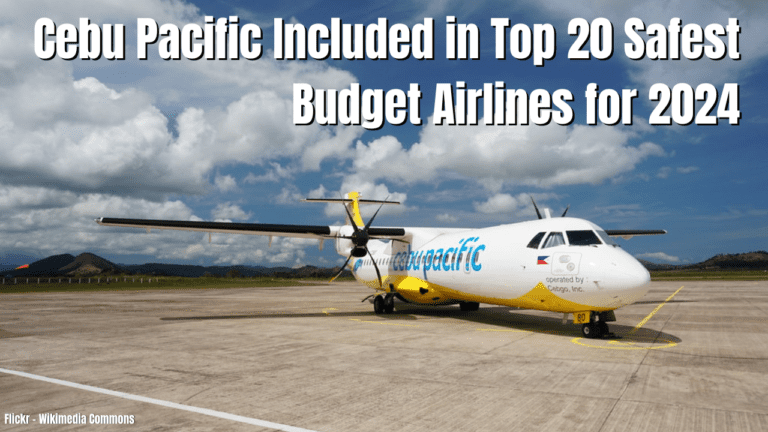Cebu Pacific Air, the leading and largest airline in the Philippines, anticipates reaching its pre-pandemic passenger numbers by 2024. The airline’s president and chief commercial officer, Alexander Lao, recently stated that they would fall short of their 2023 target of flying over 22 million passengers due to fleet challenges caused by a shortage of jet engines.

Challenges Faced by Cebu Pacific
Cebu Pacific has been grappling with supply chain disruptions throughout the year, leading to the grounding of several Airbus jets. The airline’s primary challenge stems from ongoing issues with one of its major parts suppliers, Pratt and Whitney. The company’s recall of engines created for A320neos to rectify a manufacturing flaw is expected to impact 20 of the 92 units that Cebu Pacific will manage in 2024. As a result, the airline expects to park at least one in every five of its aircraft by that year.
Impact on Passenger Numbers
Due to the aforementioned challenges, Cebu Pacific is unlikely to achieve its goal of flying more than 22 million passengers, its pre-pandemic high, by 2023. Lao acknowledged that the airline would fall slightly below this target. He attributed the shortfall to the ongoing Pratt and Whitney issues, stating that while the airline’s capacity would reach 103% of its pre-COVID levels by the end of the year, passenger numbers would not yet reach the levels seen in 2019.
Mitigating Measures
To address the shortage of aircraft caused by the engine issues, Cebu Pacific has devised short-term changes in its fleet and operations. The airline has signed a damp lease agreement with Bulgaria Air, Bulgaria’s flag carrier, to rent aircraft from January to May next year. Under this agreement, Bulgaria Air will station two jets in Manila, which Cebu Pacific will operate for flights to Cebu and Davao. Additionally, Cebu Pacific plans to reduce flight frequencies to long-haul destinations like Dubai and reallocate aircraft for short-haul routes such as Bangkok and Hong Kong. By March 2024, the airline intends to reduce Dubai flights from twice daily to once daily.
Conclusion
Like many other airlines worldwide, Cebu Pacific has faced significant challenges due to supply chain disruptions and engine issues. While the airline expects to regain its pre-COVID passenger numbers by 2024, it acknowledges that it will fall short of its 2023 target. To mitigate the impact of the engine shortage, Cebu Pacific has implemented short-term measures, including leasing aircraft from Bulgaria Air and adjusting flight frequencies. These steps aim to serve the recovery of air travel demand in the Philippines and ensure a smoother transition back to pre-pandemic operations.
For more information, booking, and information, head to Cebu Pacific Air Official Website or call the reservation hotlines (02) 8702 0888 or (032) 230-8888.









